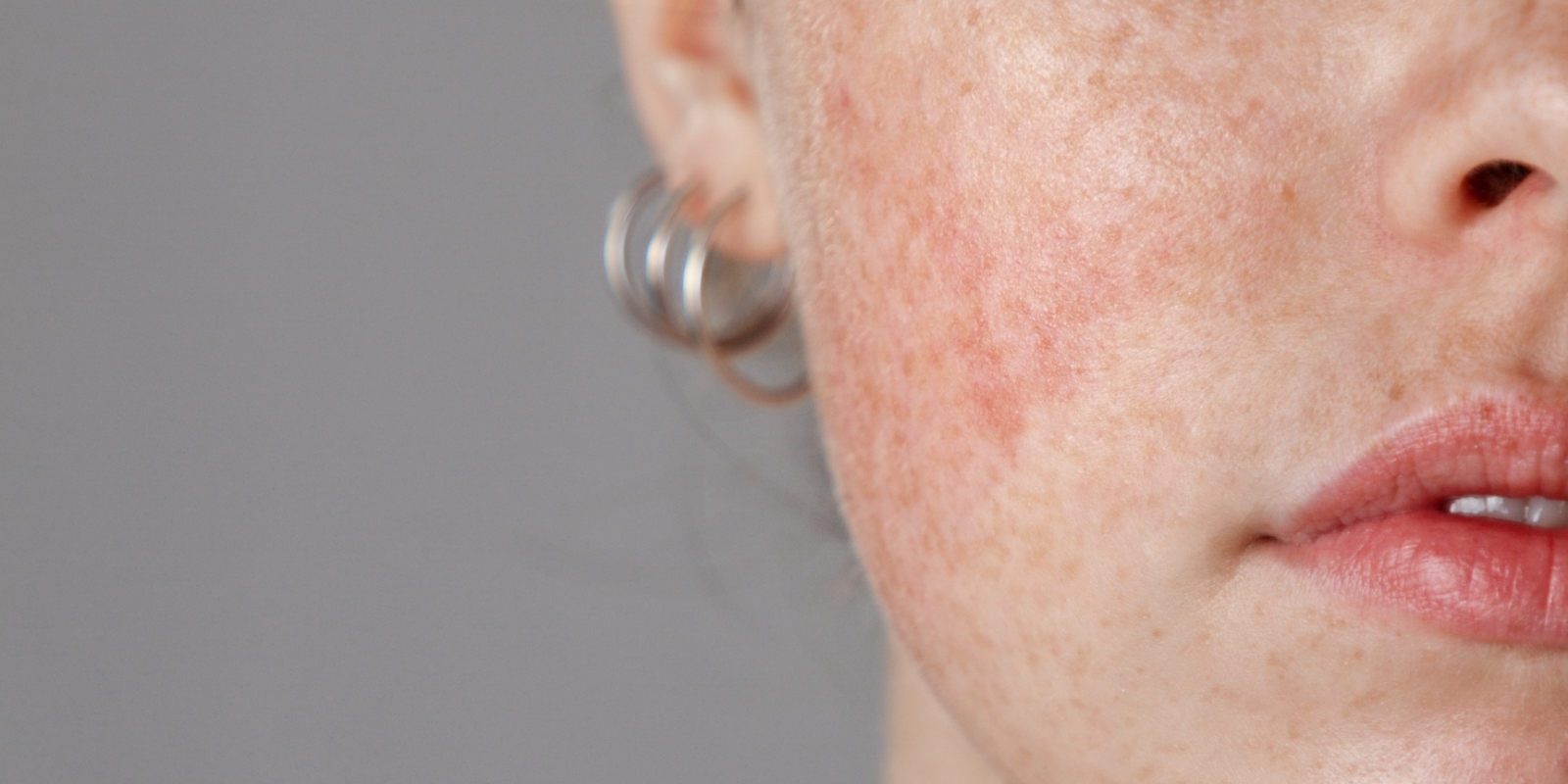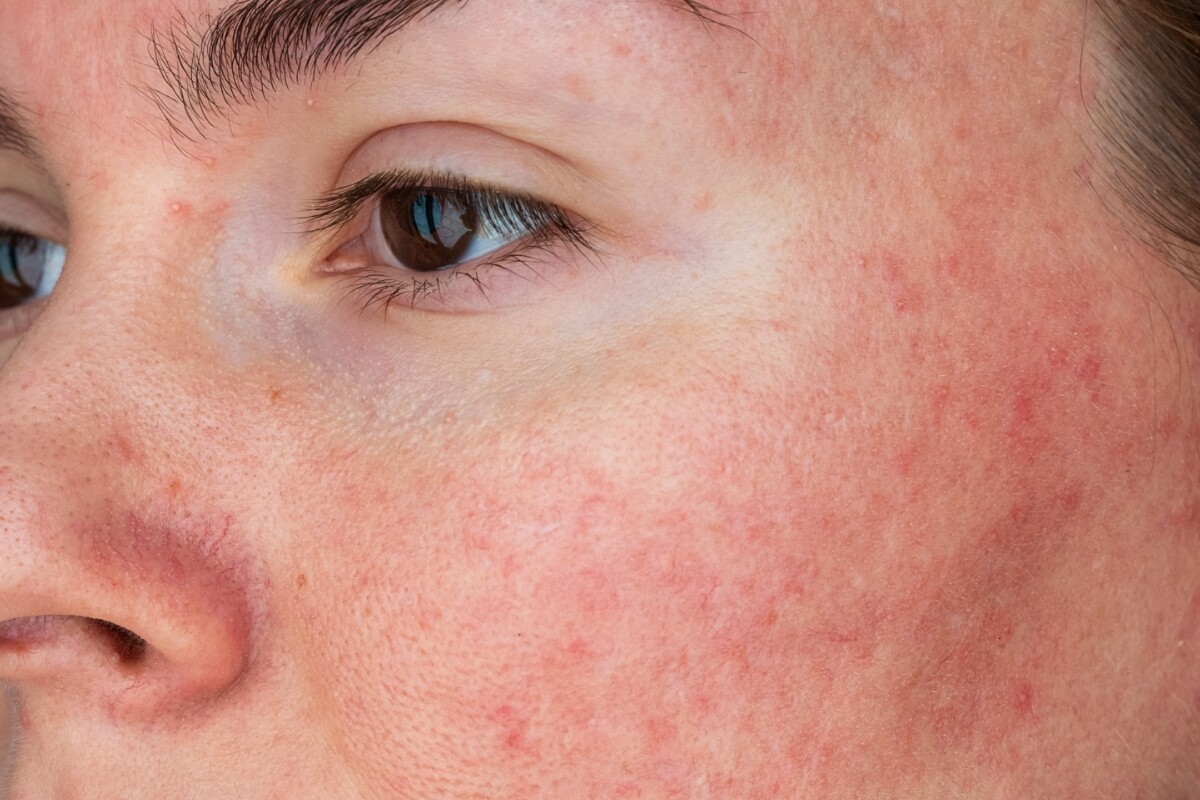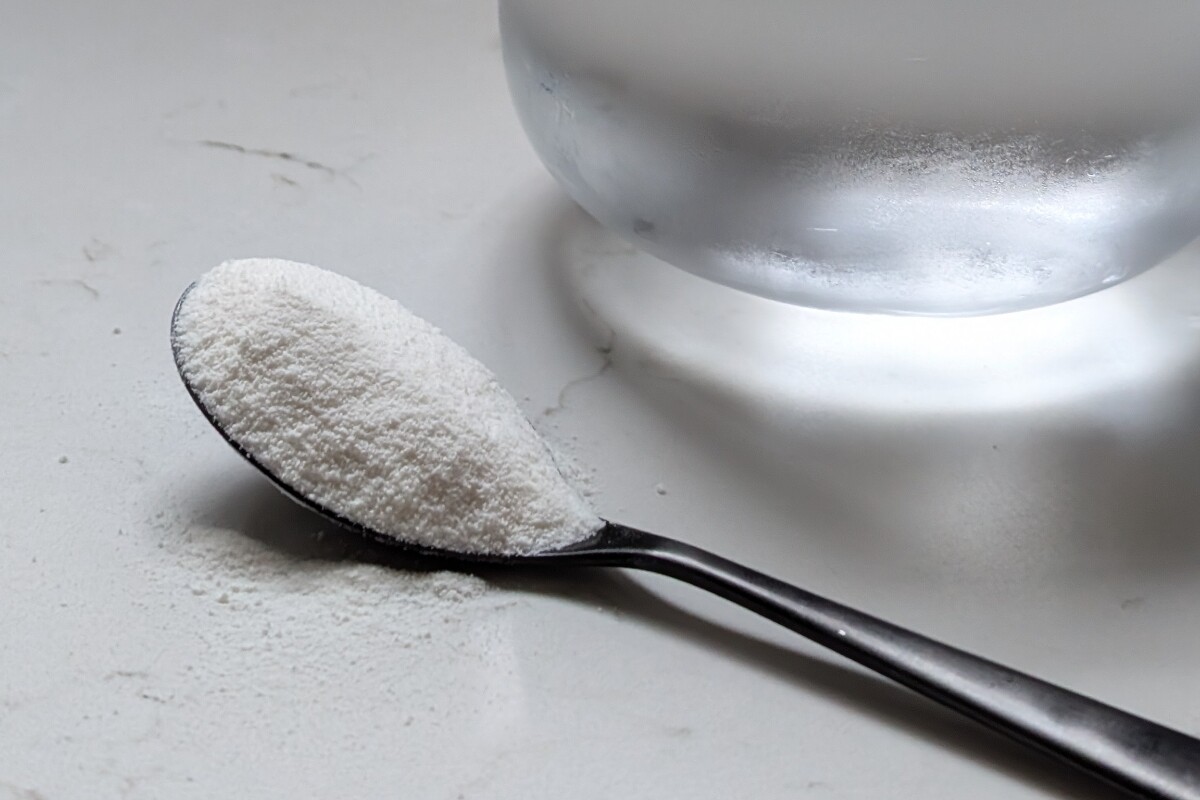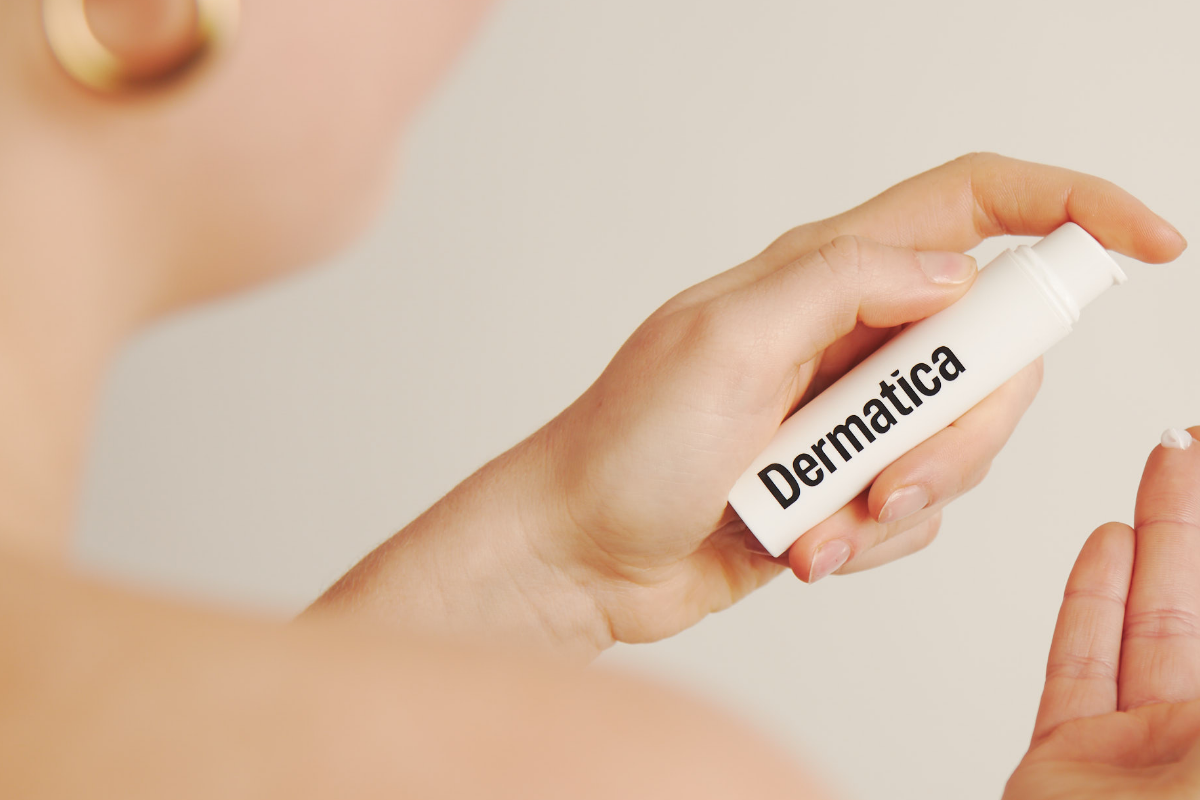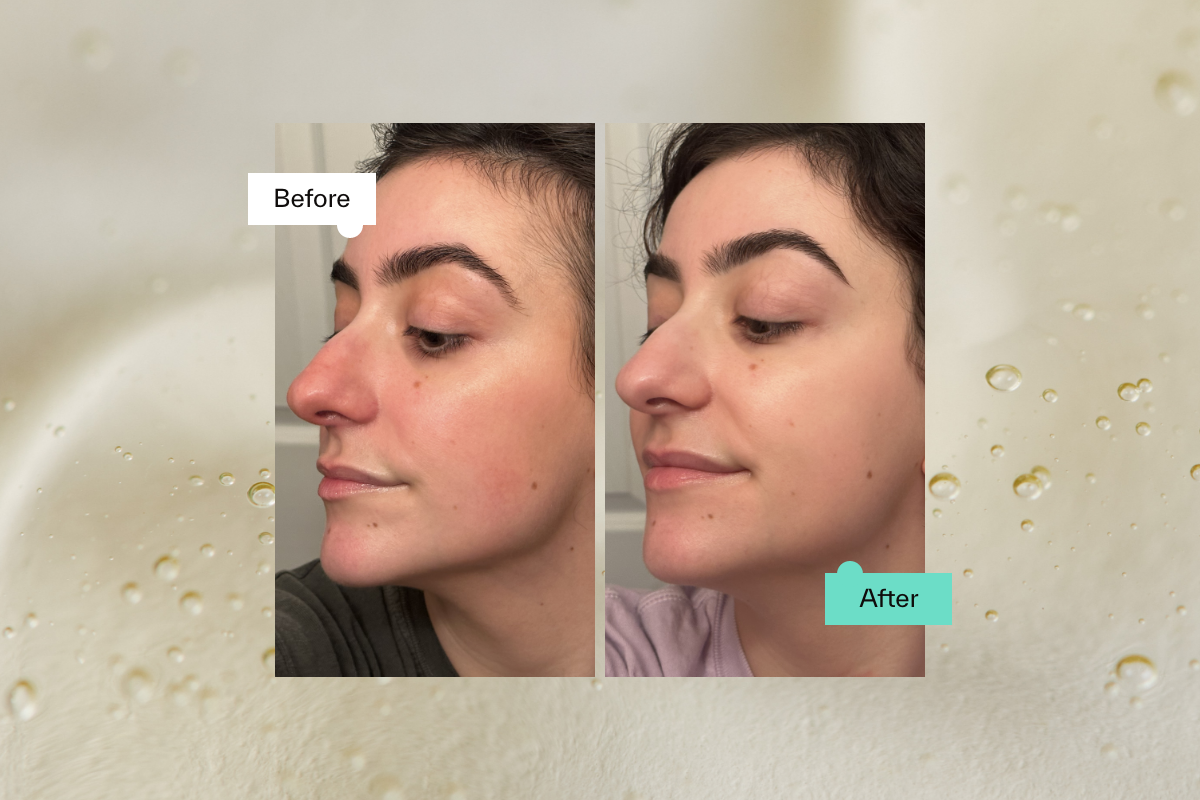At Dermatica, we understand that rosacea can be a challenging journey that isn’t always straightforward, so we’re here to guide you at every step. Today, let’s explore the science behind two important ingredients – Ivermectin and Metronidazole – which can transform your experience with treating rosacea.
What Is Rosacea?
Rosacea is a common and chronic skin condition that mainly affects the face. It’s often characterised by redness, flushing, visible blood vessels (telangiectasia), and sometimes small, red bumps or pustules. It’s mainly noticeable in the centre of the face, including the cheeks, nose, forehead, and chin. In some cases, it can also affect the eyes, leading to symptoms like eye irritation and redness, known as ocular rosacea. (1)
What Causes Rosacea?
Some key factors we know may contribute to rosacea include: blood vessels dilating too easily which causes flushing, inflammation and/or swelling, an overabundance of demodex mites (which naturally inhabit our hair follicles), environmental triggers like UV rays and certain foods, a compromised skin barrier, and if your immune system isn’t functioning properly. (2)
Ivermectin
Ivermectin, originally designed to combat parasitic infections, is both an anti-inflammatory and anti-parasitic, which makes it a very good option if you have rosacea.
Ivermectin targets inflamed skin and rosacea bumps, relieving swelling or redness and evening out your skin’s overall appearance. Most people have minimal side effects, but it’s still a prescription ingredient that should only be used under the expert guidance of a dermatology expert to make sure you’re using it correctly.(3)
Metronidazole
Metronidazole has been a trusted ingredient for people with rosacea for a while. In the age group of 25 to 65, where rosacea can often become more noticeable and persistent, Metronidazole can give much-needed relief. It’s both anti-inflammatory and antimicrobial, so it’s effective at treating the papulopustular form of rosacea too.
Like Ivermectin, using Metronidazole under the guidance of a dermatology expert is essential to get the best results. (4)
Personalised Treatments For Your Skin
No two individuals or rosacea cases are alike. Your journey to clearer skin is unique, which is why we believe you deserve a treatment that caters specifically to your skin type, symptoms, and goals.
In addition to Ivermectin and Metronidazole, our dermatology experts can also help you find the right sun protection, gentle skincare routine, and treatment plan to make sure you’re on track to getting the best results. Together, we can set you on a path to healthier, more radiant skin.
Rosacea doesn’t just affect your skin, it can negatively affect your mental health too – but it should never hold you back. With the potency of ivermectin and metronidazole, along with our expert guidance, Dermatica can give you the right formula and personalised treatment plan to achieve relief and transform your skin and your confidence.
If you’re navigating rosacea, we’re here to support you. Start a free consultation today to get a personalised formula.
References
1. Farshchian M, Daveluy S. Rosacea [Internet]. PubMed. Treasure Island (FL): StatPearls Publishing; 2023. Available from: https://www.ncbi.nlm.nih.gov/books/NBK557574/#:~:text=Rosacea%20is%20a%20common%20chronic
2. Ibid.
3. Cardwell L, Alinia H, Moradi Tuchayi S, Feldman S. New developments in the treatment of rosacea – role of once-daily ivermectin cream. Clinical, Cosmetic and Investigational Dermatology. 2016 Mar;71.
4. Rainer BM, Kang S, Chien AL. Rosacea: Epidemiology, pathogenesis, and treatment. Dermato-Endocrinology. 2017 Jan;9(1):e1361574.
Ash Sharma
Dr Ashwin Sharma is a medical doctor and writer with a particular interest in health technology, artificial intelligence and medical weight loss. He completed his training at the University of Leicester and Imperial College London, and has since been exploring the intersections of medicine, technology, and communication.
Dr Catriona Maybury
Dr Catriona Maybury is a Consultant Dermatologist, working as Medical Lead for Dermatica and at St George’s Hospital in London. Catriona completed her specialty training at St John’s Institute of Dermatology in London. Catriona has a special interest in medical dermatology, completing a PhD in liver fibrosis amongst psoriasis patients at King’s College London. Catriona is a certified coach and worked as Dermatology Section Editor for the British Medical Journal.

